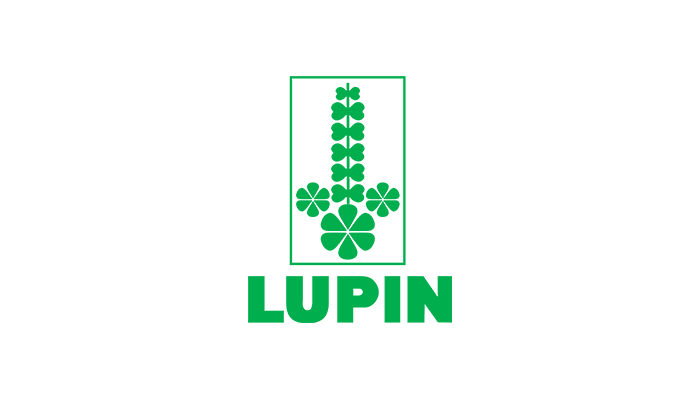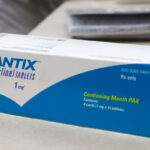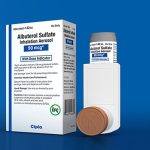Lupin Pharmaceuticals Recalls 2 Lots of Tydemy Over OOS Results

According to a press release by the FDA, Lupin Pharmaceuticals Inc. (Lupin) is voluntarily recalling two (2) lots of Tydemy (Drospirenone, Ethinyl Estradiol and Levomefolate Calcium Tablets 3mg/0.03mg/0.451 mg and Levomefolate Calcium Tablets 0.451 mg) to the patient (consumer/user) level due to out of specification (OOS) test results at the 12-month stability time point. Specifically, one lot (L200183) tested low for ascorbic acid (an inactive ingredient) and high for a known impurity.
To date, Lupin has received no reports of adverse events related to either recalled batches. Regardless, Lupin is recalling these two batches because if there were a significant reduction in the amount of inactive content (ascorbic acid), this could potentially impact the effectiveness of the product which could potentially result in unexpected pregnancy.
Tydemy is estrogen/progestin oral contraceptive (COC) indicated for use by women to prevent pregnancy and to raise folate levels in women who choose to use an oral contraceptive for contraception. Tydemy is packaged in 28’s blister. One such blister was then packed in a pouch along with one printed sleeve, one pack insert (with day label) and one oxygen absorber (Stabilox) sachet. The three pouches were packed in one carton.
The lots were distributed nationwide in the US to wholesalers, drug chains, mail order pharmacies and supermarkets. The recalled lots are included in the table below:
| Product | Lot No | Expiry | NDC(s) | UPC | Distribution Dates |
| TydemyTM | L200183 | Jan. 2024 | 68180-904-71 (1 Blister of 28 tablets each) 68180-904-73 (3 Blister of 28 tablets each) | 368180904731 | June 2022 to May 2023 |
| L201560 | Sep. 2024 |
Lupin is notifying its wholesalers, distributors, drug chains, mail order pharmacies and supermarkets by phone and through recall notification and is arranging for the return of all the recalled product lots.
Patients taking Tydemy are advised to continue taking their medication and immediately contact their pharmacist, physician, or medical provider for advice regarding an alternative treatment.
Wholesalers, distributors and retailers that have Tydemy that is being recalled should discontinue distribution of the recalled product lots immediately.
Consumers, wholesalers, distributors, and retailers with questions regarding this recall should contact Inmar Rx Solutions, Inc. at (866) 480-8206 Monday – Friday 09:00 am to 05:00 pm EST. For reimbursement, please have the recalled lots returned to Inmar Rx Solutions, Inc.; the lot number can be found on the side of the carton. Consumers should contact their physician or healthcare provider if they have experienced any problems that may be related to taking or using this drug product.
Adverse reactions or quality problems experienced with the use of this product may be reported to the FDA’s MedWatch Adverse Event Reporting program either online, by regular mail or by fax.
- Complete and submit the report Online
- Regular Mail or Fax: Download form or call 1- 800-332-1088 to request a reporting form, then complete and return to the address on the pre-addressed form, or submit by fax to 1-800-FDA-0178
This recall is being conducted with the knowledge of the U.S. Food and Drug Administration.
About Lupin Pharmaceuticals
Lupin Pharmaceuticals, Inc. is the U.S. based wholly-owned subsidiary of Lupin Limited and is the 3rd largest pharmaceutical company in the U.S. based on total prescriptions. Together, all Lupin-owned entities combine to make up the 8th largest generic pharmaceutical company in the world by revenue size. Lupin Pharmaceuticals, Inc. is dedicated to delivering high-quality medications across many treatment areas. Lupin Pharmaceuticals Inc.’s branded pharmaceuticals division, is the provider of products designed to help prevent and manage women’s health conditions with serious health consequences.





